Mozambique: Foreign Minister on four-day visit to Russia - Watch
Portugal willing to support Mozambique’s institutional reforms – FM
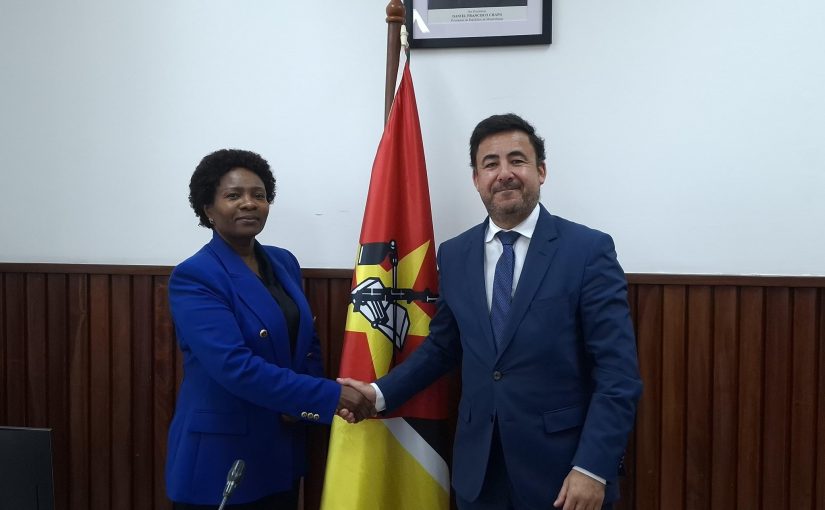
Photo: @Nuno_Sampaio_pt/X
Portugal’s Secretary of State for Foreign Affairs and Cooperation, Nuno Sampaio, said on Wednesday in Maputo that Portugal is hopeful about the new cycle of governance in Mozambique and is open to supporting institutional reforms in the country.
“The Portuguese government would like to reiterate its full support for Mozambique’s development and hope in the new cycle. May it bring more development and strengthen relations between Portugal and Mozambique,” Nuno Sampaio told the media on the first day of a three-day working visit to the Mozambican capital, Maputo.
As a new governance cycle begins in the country, which went to the polls for general elections in October last year, according to Nuno Sampaio, Portugal is available to support “all the institutional reforms that the Mozambican government intends to make”.
“Portugal, on a technical level, is available to be Mozambique’s government’s partner in this cycle of reforms,” added Nuno Sampaio, who was speaking in Maputo after a meeting with the Secretary of State for Foreign Affairs and Mozambique’s Communities Abroad, Maria Manso.
According to the official, strengthening cooperation in culture, education and health is also a priority, as well as in the business sector, pointing out that there are currently around 500 Portuguese companies operating in the African country.
In Maputo, I met with the Secretary of State for Foreign Affairs and Mozambican Communities Abroad, Maria de Fátima Simão Manso. We discussed strengthening bilateral relations, the impact of cooperation in key sectors – such as education, health, justice, the economy and…
— Nuno Sampaio (@Nuno_Sampaio_pt) April 23, 2025
Mozambique’s government is keen to strengthen these economic and business relations, and Portugal is willing (…). Relations between Mozambique and Portugal are excellent. They are relations between countries that share the same language and bonds of solidarity,” emphasised Nuno Sampaio.
A new government took office in Mozambique in January, following the general elections of 9 October. These elections were marked by the worst contestation of the results the African country has seen since the first multiparty elections (1994).
The protests, led by former presidential candidate Venâncio Mondlane, led to the deaths of around 390 people in clashes with the police, according to non-governmental organisations monitoring the electoral process, with Mozambique’s government confirming at least 80 deaths, as well as the destruction of 1,677 commercial establishments, 177 schools and 23 health facilities during the demonstrations.
However, on 23 March, Mondlane and Daniel Chapo, who had been sworn in as president, met for the first time, and a commitment was made to end the post-election violence in the country. Today, however, criticism and mutual accusations continue in the public positions of the two politicians.
On 5 March, Chapo and the main political parties signed a commitment to pacify the country. Parliament has already approved this document, which includes revisions to the electoral law, the Constitution, and the president’s powers.
Nuno Sampaio’s visit ends on Friday. In addition to meeting with officials from the Mozambican MFA, he will meet with Mozambique’s minister of education and culture, Samaria Tovela, and the European Union delegation in the country.


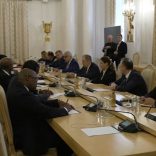

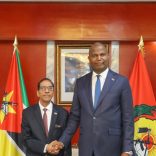
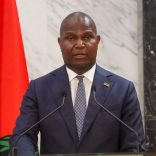
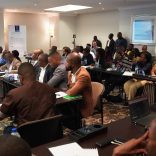





Leave a Reply
Be the First to Comment!
You must be logged in to post a comment.
You must be logged in to post a comment.